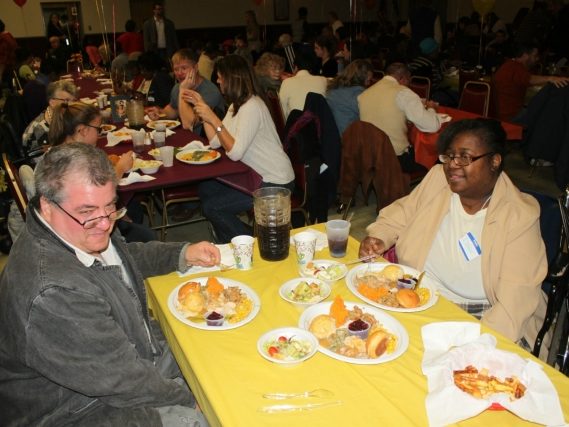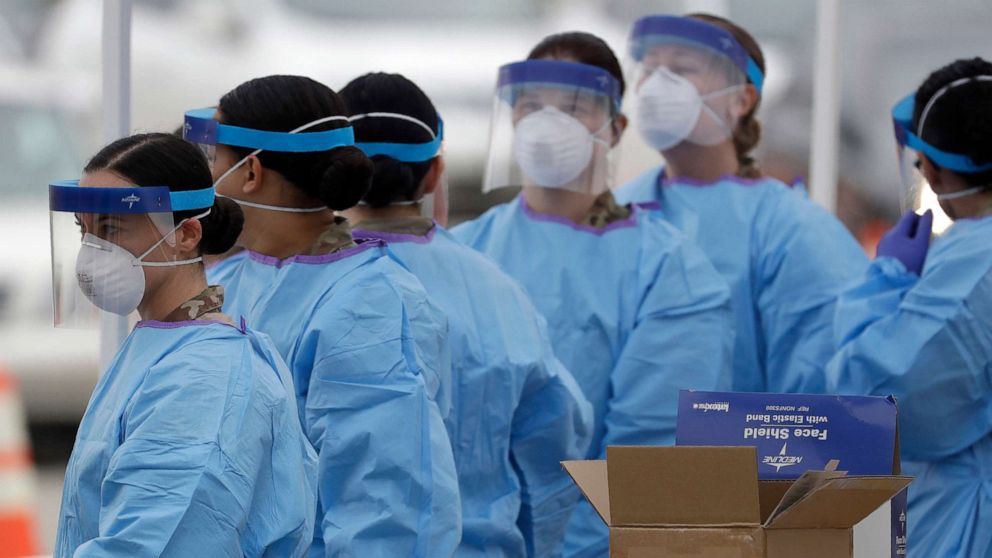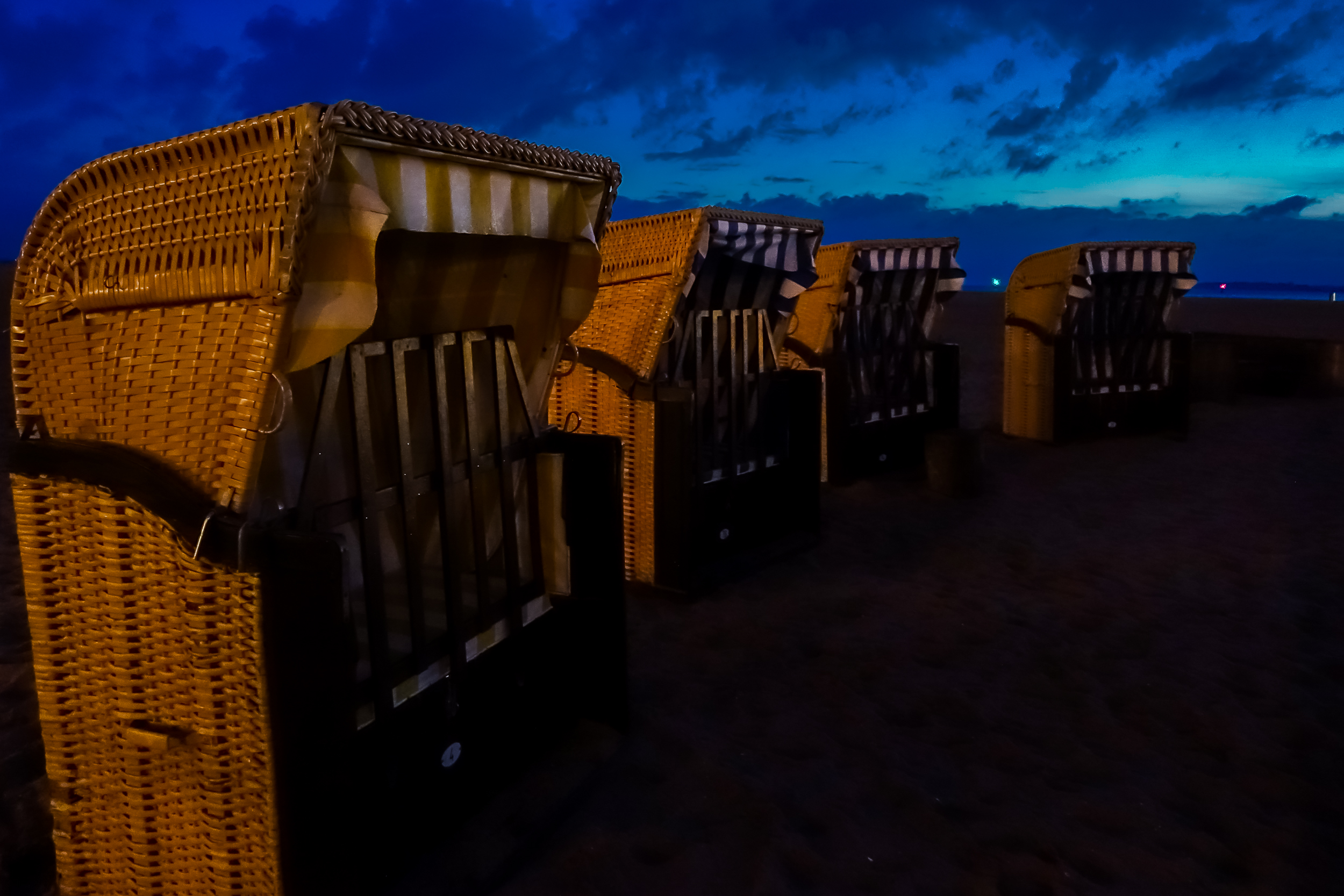


Primary girls still go to school and, for now at least, young women can attend university - although lectures are segregated and some subjects cut because of a shortage of female teachers. The official line, however, remains that it is just a "technical issue" and classes will resume once a curriculum based on Islamic rules is defined. Religious scholars say there is no justification in Islam for the ban on girls' secondary school education and, a year since taking power, the Taliban still insist classes will be allowed to resume.īut the issue has split the movement, with several sources telling AFP a hardline faction that advises supreme leader Hibatullah Akhundzada opposed any girls' schooling - or at best, wanted it limited to religious studies and practical classes such as cooking and needlework. They not only take risks, but also make sacrifices - Nafeesa's sister dropped out of school to limit any suspicions her brother might have. If a Taliban fighter asks, the girls say they are enrolled in a tailoring workshop, and hide their schoolbooks in shopping bags or under their abaya and burqa overgarments. To get to class, they frequently leave home hours earlier, taking different routes to avoid being noticed in an area made up mostly of members of the Pashtun ethnic group, who form the bulk of the Taliban and are known for their conservative ways. When AFP visited her school, Nafeesa and nine other girls were discussing freedom of speech with their female teacher, sitting side-by-side on a carpet and taking turns reading out loud from a textbook. We want to do something for ourselves, we want to have freedom, serve society and build our future." "We have accepted this risk, otherwise we will remain uneducated," Nafeesa said. He allows her to attend a madrassa to study the Koran in the morning, but in the afternoon she sneaks out to a clandestine classroom organised by the Revolutionary Association of the Women of Afghanistan (RAWA). Her brother fought for years with the Taliban against the former government and US-led forces in the mountains, returning home after their victory imbued with the hardline doctrine that says a woman's place is the home. Only her mother and older sister know about it.

They have also been told to cover up with the hijab or preferably with an all-encompassing burqa - although the Taliban's stated preference is for them to only leave home if absolutely necessary.Īnd, in the cruellest deprivation, secondary schools for girls in many parts of Afghanistan have not been allowed to reopen.īut secret schools have sprung up in rooms of ordinary houses across the country.Ī team of AFP journalists visited three of these schools, interviewing students and teachers whose real names have been withheld for their safety.ĭecades of turmoil have played havoc with Afghanistan's education system, so Nafeesa is still studying secondary school subjects even though she is already 20. Women can no longer travel on long trips without a male relative to escort them. Since seizing power a year ago, the Taliban have imposed harsh restrictions on girls and women to comply with their austere vision of Islam - effectively squeezing them out of public life. "If my brother comes to know about this, he will beat me." "Boys have nothing to do in the kitchen, so I keep my books there," said Nafeesa, who attends a secret school in a village in rural eastern Afghanistan.

Hundreds of thousands of girls and young women like Nafeesa have been deprived of the chance of education since the Taliban returned to power a year ago, but their thirst for learning has not lessened.


 0 kommentar(er)
0 kommentar(er)
